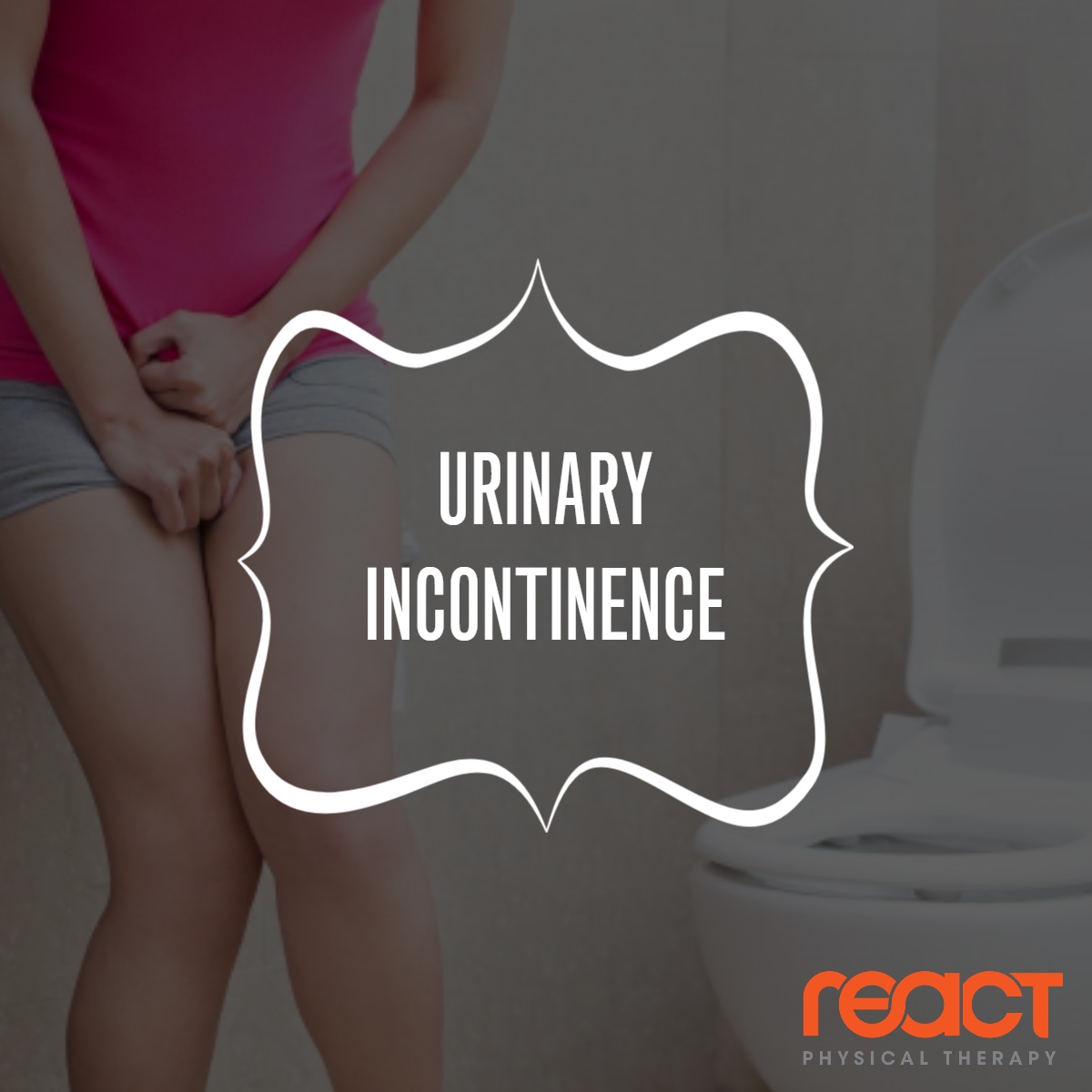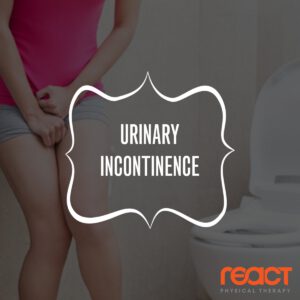Urinary Incontinence: Common But Not Normal


Do you pee a little bit when you cough, sneeze, laugh, or workout? Even just a small drop? Do you get sudden, strong urges to go to the bathroom? Are you having trouble making it to the bathroom in time? Frequently going to the bathroom throughout the day? Do you wake up multiple times during the night to urinate? Do you wear urinary pads because you might accidentally leak? If you answered yes to any of these questions, you are not alone.
Urinary Incontinence is common but is NOT normal.
Urinary incontinence (leakage) is something that many women experience. But even though it is common, it is NOT NORMAL and most likely indicates pelvic floor disorder. Some underlying causes for urinary incontinence include pregnancy, childbirth, menopause, surgery, medication, intense exercise, nerve injuries, injury to the pelvis, or learned behaviors.
Common Forms of Urinary Incontinence:
There are a few common forms of urinary incontinence: stress urinary incontinence, urge incontinence, mixed incontinence, overflow incontinence, and functional incontinence.
- Stress incontinence: the involuntary loss of urine with coughing, sneezing, laughing, or exercising
- Urge incontinence: the involuntary loss of urine resulting from a sudden urge to urinate, whether or not the bladder is full; this can result in increased frequency, nighttime urination, or difficulty
with urination - Mixed incontinence: a combination of both stress and urge incontinence
- Overflow incontinence: overdistention (overstretching) of the bladder resulting in frequent or
constant dribbling, overactive bladder or stress urinary incontinence - Functional incontinence: urinary leakage usually due to the ability to make it to the bathroom in time; it can be related to impairments in physical or cognitive functioning
What can you do about the leakage?
If you are experiencing any of these symptoms, there is relief in sight! React Physical Therapy offers specialized services that address urinary incontinence. Let’s get rid of those urinary pads, the need for medication, and reduce the need for surgery.
-Rebekah Wolinetz, PT, DPT